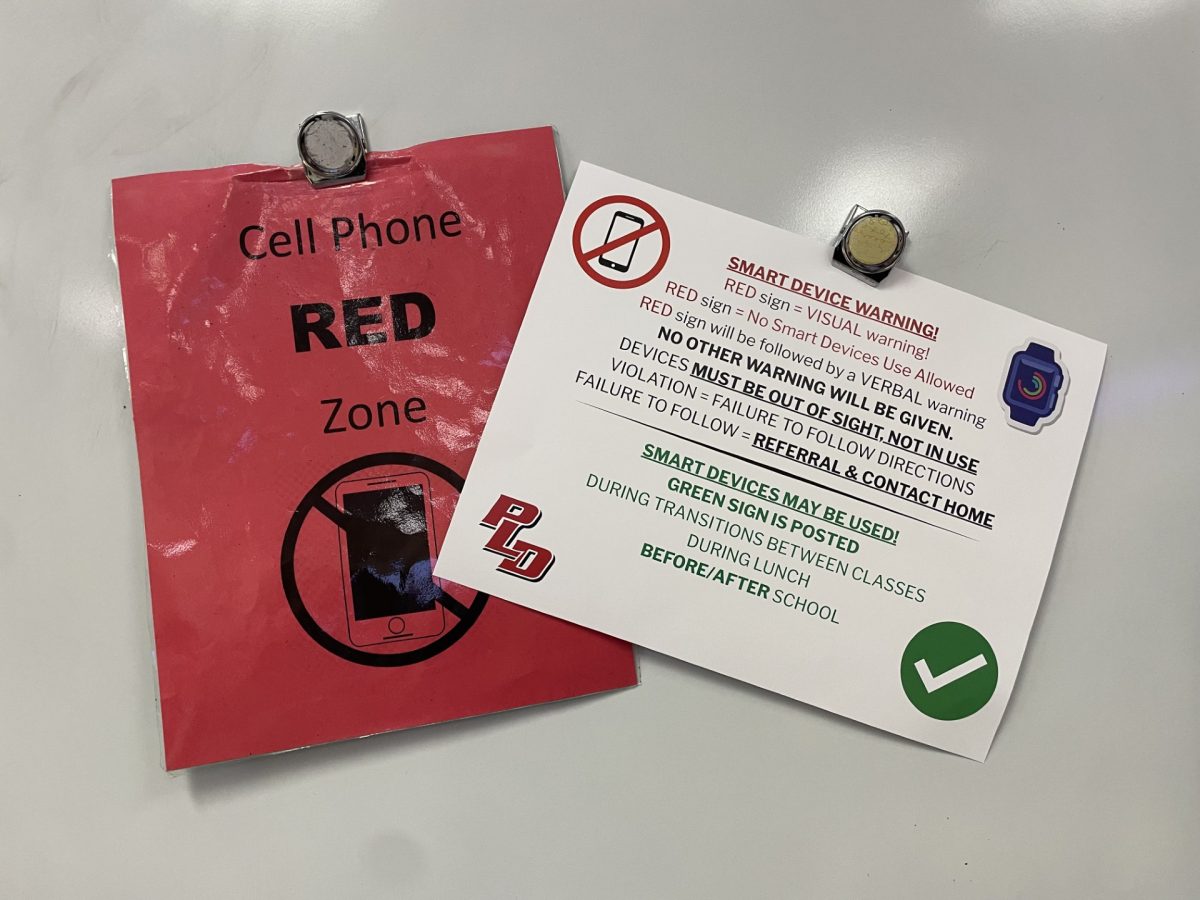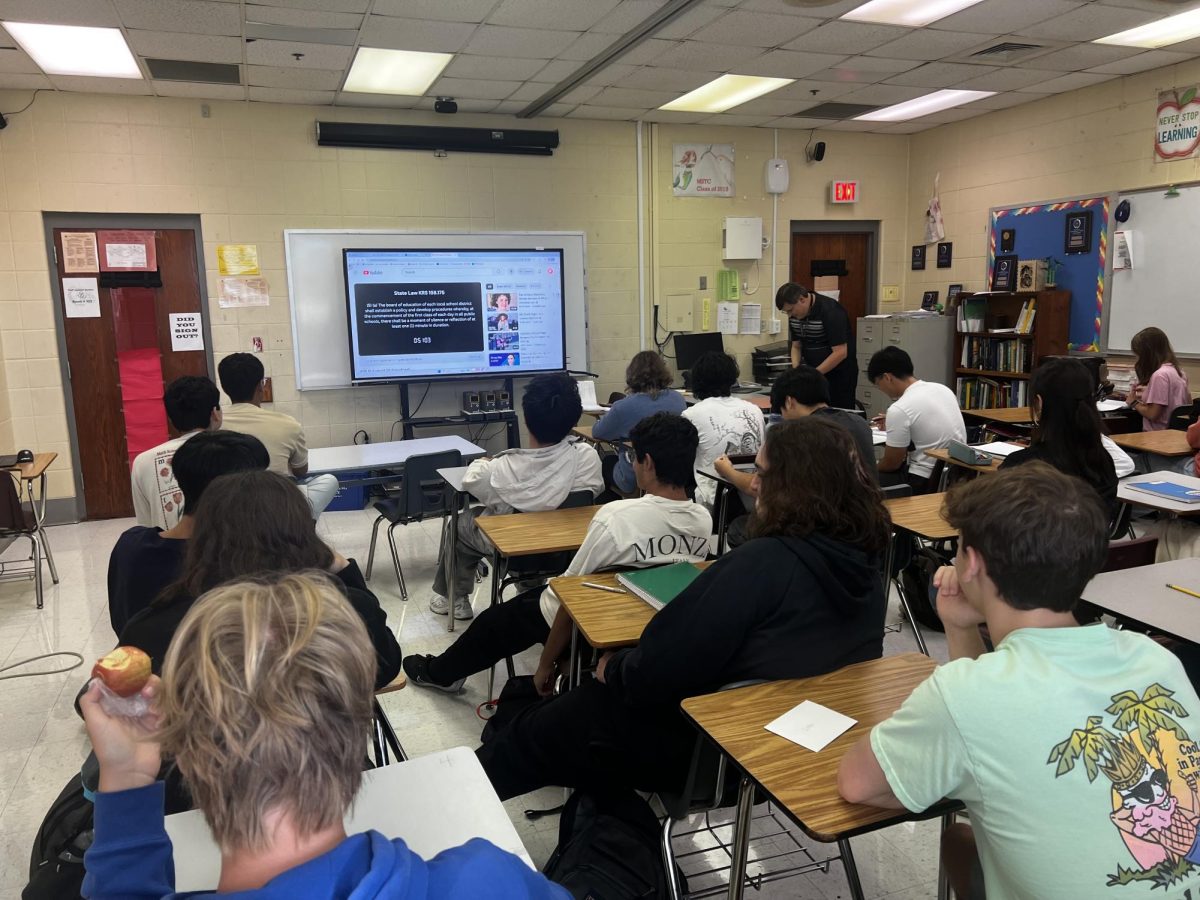“Great. I love Hitler,” said Peter Giunta, the chair of the New York State Young Republicans.
“Sex? It was rape,” said one participant. “Epic,” replied Bobby Walker, the vice chair of the same organization.
“Can we fix the showers? Gas chambers don’t fit the Hitler aesthetic,” said Joe Maligno, the general counsel for the New York State Young Republicans.
“I’m ready to watch people burn now,” said Annie Kaykaty, New York’s Young Republicans national committee member.
These are just a few of the 28,000 messages in a private Telegram group chat with Young Republican leaders from Arizona, Kansas, New York, and Vermont that were recently obtained by POLITICO. The texts reflect changing attitudes and norms in the Trump 2.0 era, where hateful and extremist dialogue is much more freely exchanged. Slurs like “f—t” and “n—a” were used 251 times. Unchecked, these individuals showed a glaring lack of integrity and character.
The chat logs reveal a troubling pattern of hate speech and violent language. These far-right ideologies have become mainstream, especially among young conservatives heavily influenced by social media. While violent rhetoric remains a national problem, right-wing extremists are responsible for the majority of U.S. domestic terrorism deaths — approximately 80% since 2001, according to analysis by The Conversation.
Leaders on both sides of the aisle were quick to condemn the group chat members. U.S. Representative Elise Stefanik (R–New York) called for them to step down from their respective positions, and New York GOP chair Ed Cox said that their statements have “no place in our party.” Governor Gavin Newsom (D–California) requested a congressional investigation into antisemitism of the Young Republicans organization, while U.S. Representative Yvette Clark (D–New York) commented that the group chat leaks were just an example of white supremacy “thriving on the right.”
However, Vice President JD Vance believed that the outrage was undeserved, countering that the messages were simply “very offensive, stupid jokes.” On an episode of “The Charlie Kirk Show,” he stated this incident should not cause to “ruin their lives.” He even went so far as to say that people who try to leak group chats are “scumbags.”
In a post on X, Vance brought up texts from 2022 in which Jay Jones, the current Democratic candidate for attorney general in Virginia, suggested that with two bullets, he would shoot then-Virginia House Speaker Todd Gilbert in the head twice instead of Adolf Hitler or Pol Pot, a brutal Cambodian dictator. He argued that Jones’s words were “1,000 times worse” than what was said in the Young Republicans’ group chat.
Accountability begins at the top: the leaders of our country are failing us. Jones’s comments are abhorrent — calls for political violence fuel the rampant partisanship and hatred that have become characteristic of American politics, and he deserves the pushback.
But while Jones is clearly out of line, Vance is wrong himself. As the second-highest-ranking official in our country, his words carry significant weight. Portraying the violent rhetoric of the group chat as crude humor dismisses the feelings of millions of Americans, creates another point of tension in our ultra-polarized political atmosphere, and undermines decades of social progress. And with his soft admonition, he essentially condones these behaviors, a message to young Americans that hateful language is nothing more than harmless jest.
Many members of the group chat have lost their jobs or positions. New York Assembly member Mike Reilly publicly stated that Giunta no longer worked for him, and the New York State Unified Court System confirmed that Maligno is not employed by them anymore. Samuel Douglass, a Vermont state senator and the only elected official in the group chat, resigned, while his wife, Brianna, resigned from her role as Vermont’s Young Republican national committee member. Both the Kansas and New York Young Republican chapters have been dissolved.
Some group chat members issued halfhearted apologies. Giunta took responsibility but questioned the accuracy of the messages, suggesting that they may have been “deceptively doctored.” Walker said that the content of the message logs “may have been altered, taken out of context, or otherwise manipulated,” but admitted there was “no excuse” for his language.”
Their lack of remorse is telling. Even under the eyes of the whole nation, they couldn’t muster an ounce of accountability — they barely even managed to feign performative sincerity.
For more information on the group chat exposé, read POLITICO’s report.
























